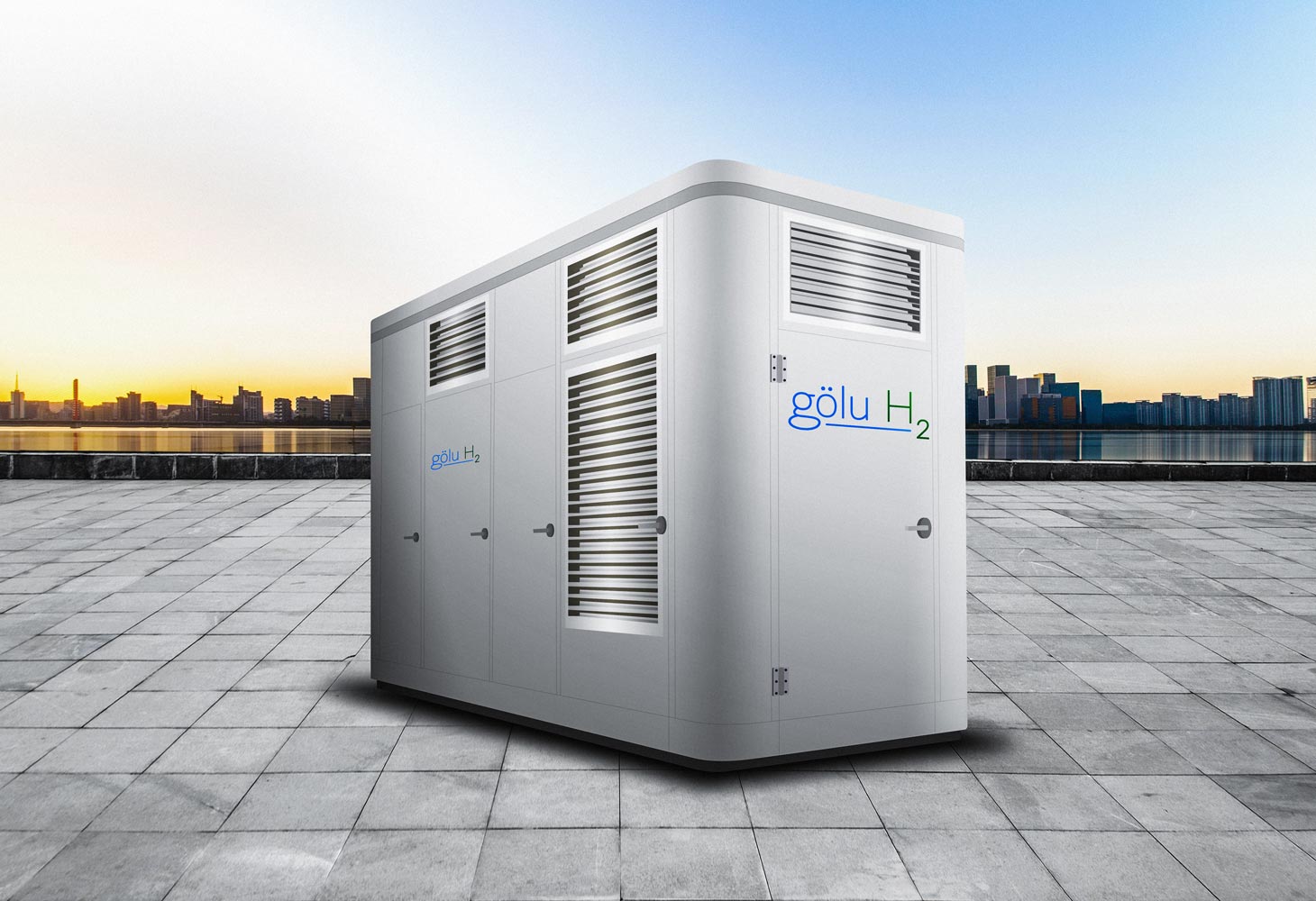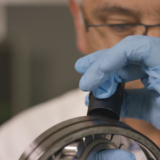
Petron, SBI to license biomass to green hydrogen technologies
Petron Scientech Inc. (PSI) and SBI Bioenergy Inc. (SBI) have entered into an alliance agreement to license differentiated, integrated, energy-efficient, and sustainable technologies for biomass to green hydrogen and low carbon biofuels production.
Under their agreement, the alliance will utilize Petron’s proprietary cellulosic ethanol (G2.0E) technology from a variety of locally available agriculture/forestry residuals (wastes) and woody biomass, integrated with the production of green hydrogen using SBI’s proprietary, energy efficient technology, Gölu-H2, for commercial production of low-carbon, high -purity hydrogen to decarbonize transportation, electricity generation, industrial/residential heating, and industrial Hydrogen applications. This hydrogen is suitable for fueling fuel cell electric vehicles (EVs) including buses, trucks, and trains, decentralizing power generation using fuel cells, commercial power generation by blending with natural gas (NG), production of renewable low carbon sustainable fuel (LCSF), and for production of green ammonia/urea and other valuable products.
The alliance will also utilize Petron’s process engineering and scale up expertise with SBI’s technologies for waste-free production of low-carbon fatty acid ethyl ester (FAEE) and hydrogen-free production of carbon-negative renewable diesel. FAEE has lower carbon intensity, better solubility in petroleum diesel and more favorable cold flow properties compared to conventional fatty acid methyl ester (FAME) which requires the use of fossil fuel derived methanol with its high carbon intensity.
Cellulosic ethanol technology
PSI has pioneered the use of low carbon ethanol to produce low carbon renewable downstream technologies. PSI’s cellulosic ethanol technology was originally developed in the U.S.A. by DuPont, in cooperation with the National Renewable Energy Lab (NREL) of the U.S. Department of Energy (DOE). PSI has all associated intellectual property and patents to produce G2.0E, including process design and the proprietary zymomonas ethanologens for efficient conversion of C5/C6 sugars made from cellulosic biomass to G2.0E.
Globally over 70 million metric tons (MMT) of hydrogen are consumed annually, over 95% of which is generated using fossil natural gas (NG) with its high carbon footprint. NG hydrogen negatively impacts the environment by introducing over 830MMT new GHG emissions per year. Green hydrogen is an alternative fuel in great demand worldwide and is capable of significant GHG reductions for combating the climate change crisis.
Together, PSI and SBI’s technologies are an efficient and integrated solution for the conversion of local agriculture biomass and forestry wood residuals/wastes into green hydrogen and low carbon biofuels worldwide. The CO2 produced from the G2.0E Ethanol and Gölu-H2 Hydrogen processes will be Carbon Captured & Sequestered (CCS), upgraded for beverage/food applications, used for industrial products, and/or enhanced oil recovery applications. While the combination of PSI and SBI’s technologies inherently result in net negative carbon products, CCS integration will provide further carbon reduction.
“We are excited to announce the alliance agreement with SBI for these differentiated Biomass and Ethanol value chain technologies. Our collaboration will benefit clients globally and allow them to set new standards for meeting corporate ESG ambitions. Along with SBI, we intend to continue set up these biorefinery and hydrogen projects in the Americas, UK, EU, Africa, and Asia,” said Yogi Sarin, PSI founder and CEO.
“We are proud to work with PSI, whose commercial experience and leadership will help to jointly commercialize large projects with PSI’s G2.0 E technology along with SBI’s low carbon biofuels and Golu-H2 process, resulting in carbon-negative hydrogen and Biofuels production on a global scale and enable transportation and industrial sectors to meet their GHG reduction commitments. Compared to electrolysis and NG derived hydrogen, the Gölu-H2 process is more energy efficient and economical,” said Dr. Inder Pal Singh, SBI CEO and founding president.














